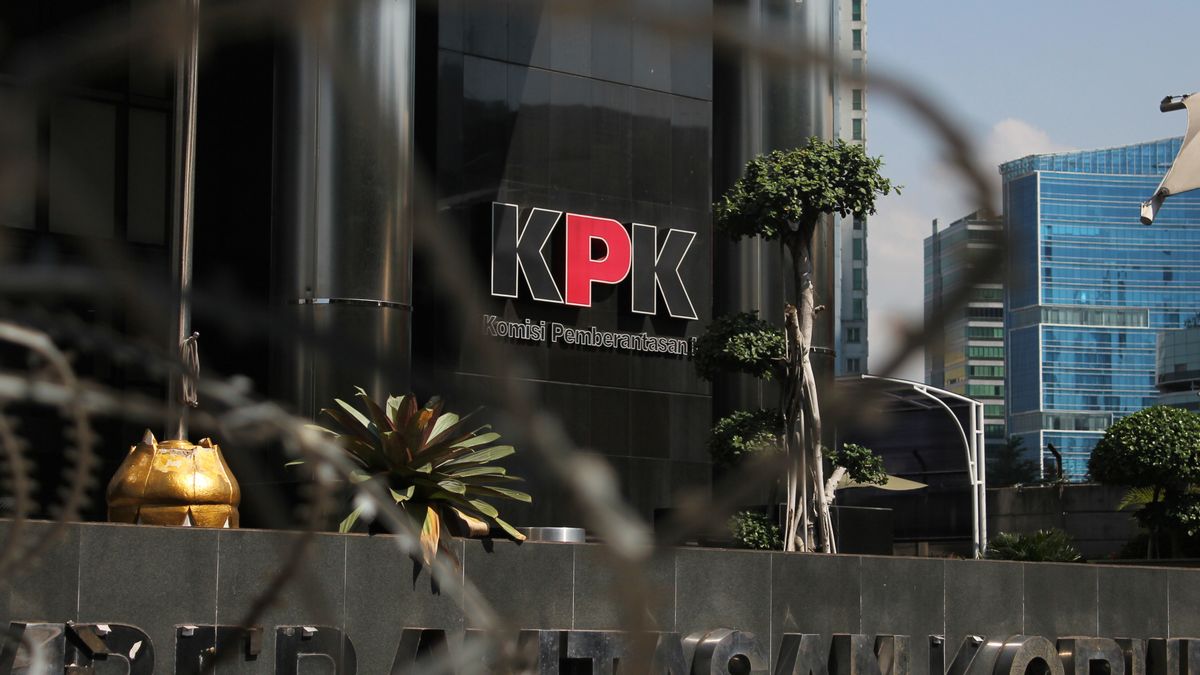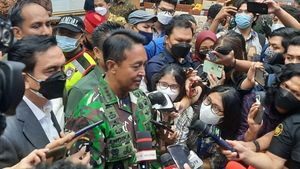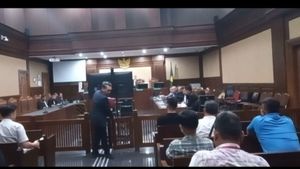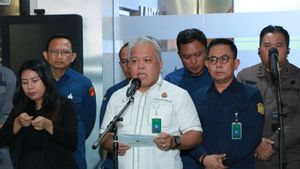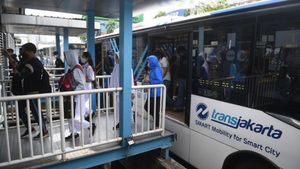JAKARTA - The Corruption Eradication Commission (KPK) revealed that around 8 percent of Regional-Owned Enterprises (BUMD) officials were found to be suspects in corruption cases.
"Based on data on the handling of cases handled by the KPK in the period 2004 to March 2021, it was recorded that 93 of the 1.145 suspects or 8.12 percent were BUMD officials," said Acting KPK Spokesperson for Prevention Ipi Maryati to reporters, Monday, November 8.
With this data, he continued, BUMD occupies the fourth agency whose officials have been caught in practice after district/city governments, ministries/agencies, and provincial governments.
For this reason, the KPK then asked the BUMD officials to obey reporting their assets. Moreover, based on the data held by the anti-corruption commission, only 18.46 percent of BUMD officials have registered their State Administrator Wealth Report (LHKPN).
SEE ALSO:
In fact, according to the explanation of Law Number 28 of 1999 concerning State Administration that is Clean and Free from Corruption, Collusion, and Nepotism, it is stated that the board of directors, commissioners, and officials Other structural members of BUMN or BUMD are officials who have strategic functions in relation to state administration and are prone to corruption, collusion, and nepotism practices.
"Based on data from the Indonesian Ministry of Home Affairs in 2020, there are a total of 1.094 BUMDs. From this data, the KPK recorded 202 or around 18.46 percent of BUMDs that have registered with LHKPN," said Ipi.
She reminded LHKPN is an important instrument to prevent the practice of bribery. The reason is that this report prioritizes prevention with the principles of transparency and accountability of state officials through the disclosure of information about their assets.
"LHKPN is one of the important instruments in preventing corruption that puts forward the principles of transparency and accountability of state officials by disclosing information about the assets of state officials, spouses, and children who are still dependent, which includes sources of income, expenditure, and debt," concluded Ipi.
The English, Chinese, Japanese, Arabic, and French versions are automatically generated by the AI. So there may still be inaccuracies in translating, please always see Indonesian as our main language. (system supported by DigitalSiber.id)
